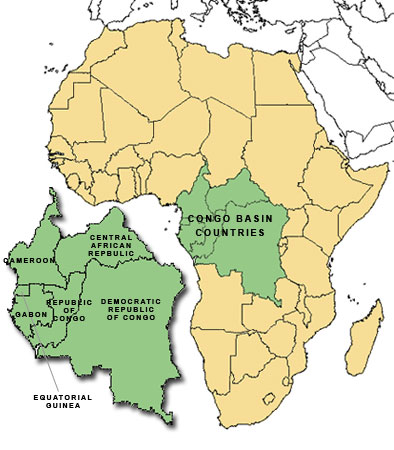Great to see some of you today (hello Portia!). Remember...performances continue until Friday. My recommendation is 'Exile', every weekday at 1:15 in the Adderley Street Fountain.




ENN101 students!Catch up on class topics,UNISA deadlines...and maybe just a teensy bit of Cape Town culture unrelated to drink specials.Yes please.







2 - Goth in Recoleta Cemetery, Argentina.
3 - "You shall not pass!" Immobile in India...
Look at the politics of representation in these pictures - what am I/the photographer unconsciously saying about difference, culture and meaning?
I introduced you to ‘othering’, which is a technical term for doing just that (representing people in terms of their difference to you). I suggested that, whilst othering is something we all do (often without thought or malice) it’s good to be as aware as possible of who we are and how that might affect how we represent others. In fact, our English textbook has a title that perfectly encapsulates our themes for the course – Selves and Others.
With this in mind, I asked some of you to write a short piece on yourself – who you are, what your influences have been – to try and start becoming self-aware about some of your own politics and influences. It’s the first step to becoming better thinkers and, by extension, writers.
The link to our first novel is clear. Heart of Darkness is one man’s travel tale of a journey through central Africa at the height of colonization.The European colonial period in Africa is well known for a particularly dangerous and derogatory form of othering, so keep an eye out for these sorts of things as you read. 
HINT: look out for the different layers of language and perspective of Africa you get in the novel - Marlow the traveller's language and views, the Colonial officers' perspective, as well as Marlow's friends, relative and bosses back in Europe.
______________________________________________________________________
On a culture front, there are loads of exciting things afoot. We're heading to the Spier Performing Arts Festival ('Infecting the City' '09) on Saturday 21st. The theme this year is 'Home Affairs', with a focus on the concept of South Africans' sense of identity and 'belonging'. Strong themes of xenophobia, othering and identity politics will be explored - perfect for our course!
We'll be meeting in the morning at Thibault Square in town and moving from performance to performance over the next couple of hours. Best of all? It's totally free. I CAN'T WAIT!
Here are some scenes from last year's festival...

 _____________________________________________________________________
_____________________________________________________________________
We are also having a class outing to Pieter Dirk Uys' Macbeki at the Little Theatre in town on Tuesday 10 March. Tickets are R30 and it looks like loads of fun.
______________________________________________________________________

Follow this approach and you'll be well on the way to writing amazing poetry essays!


